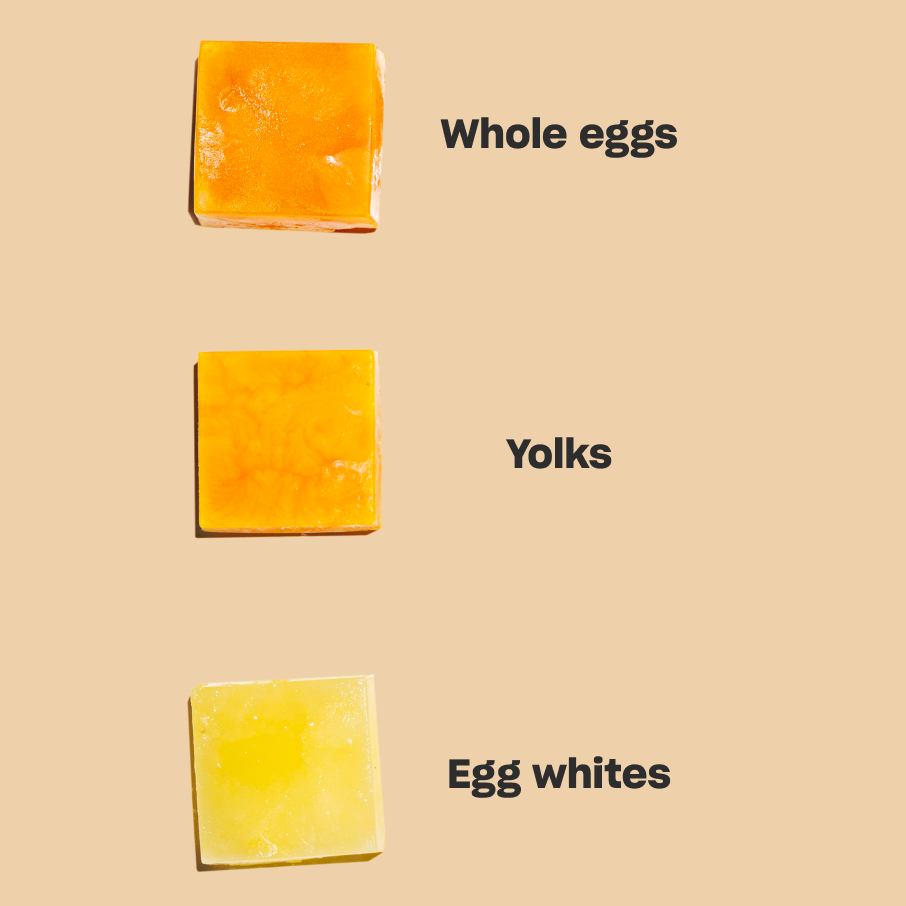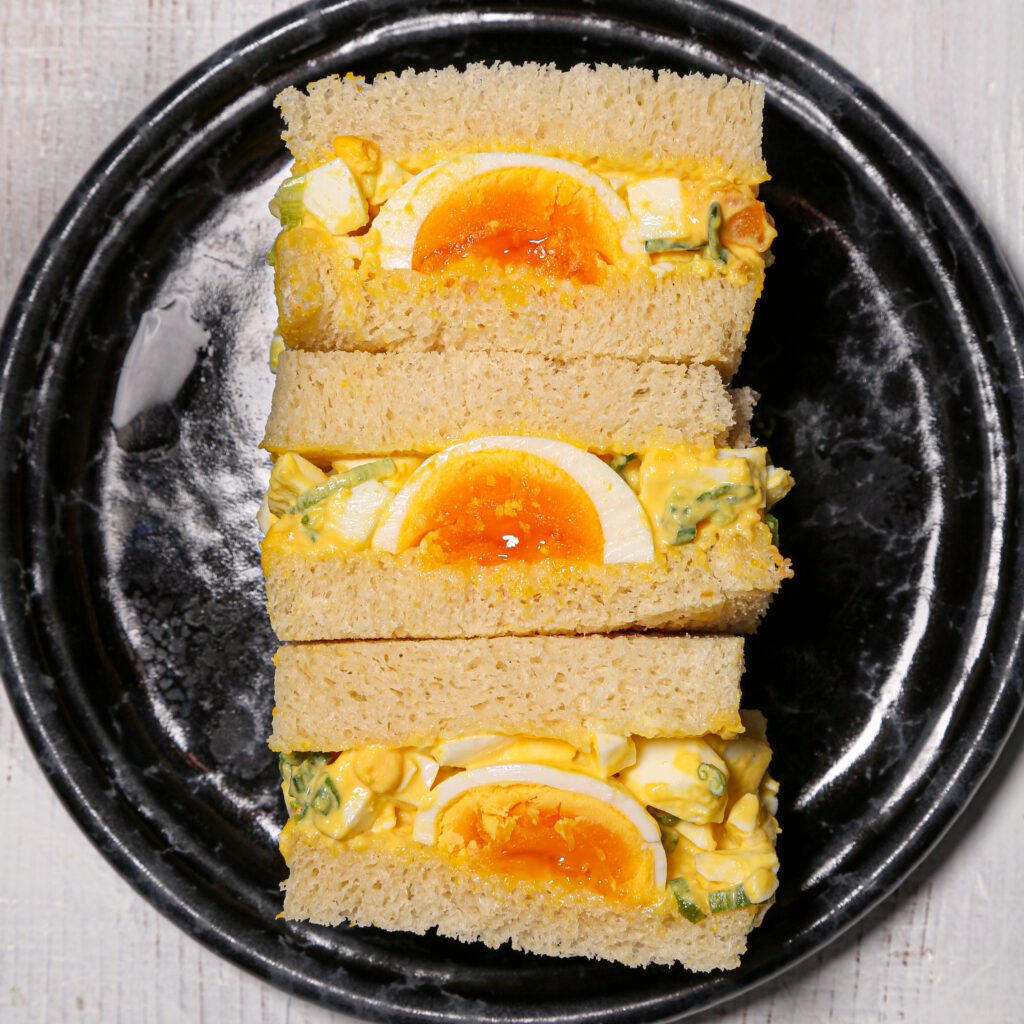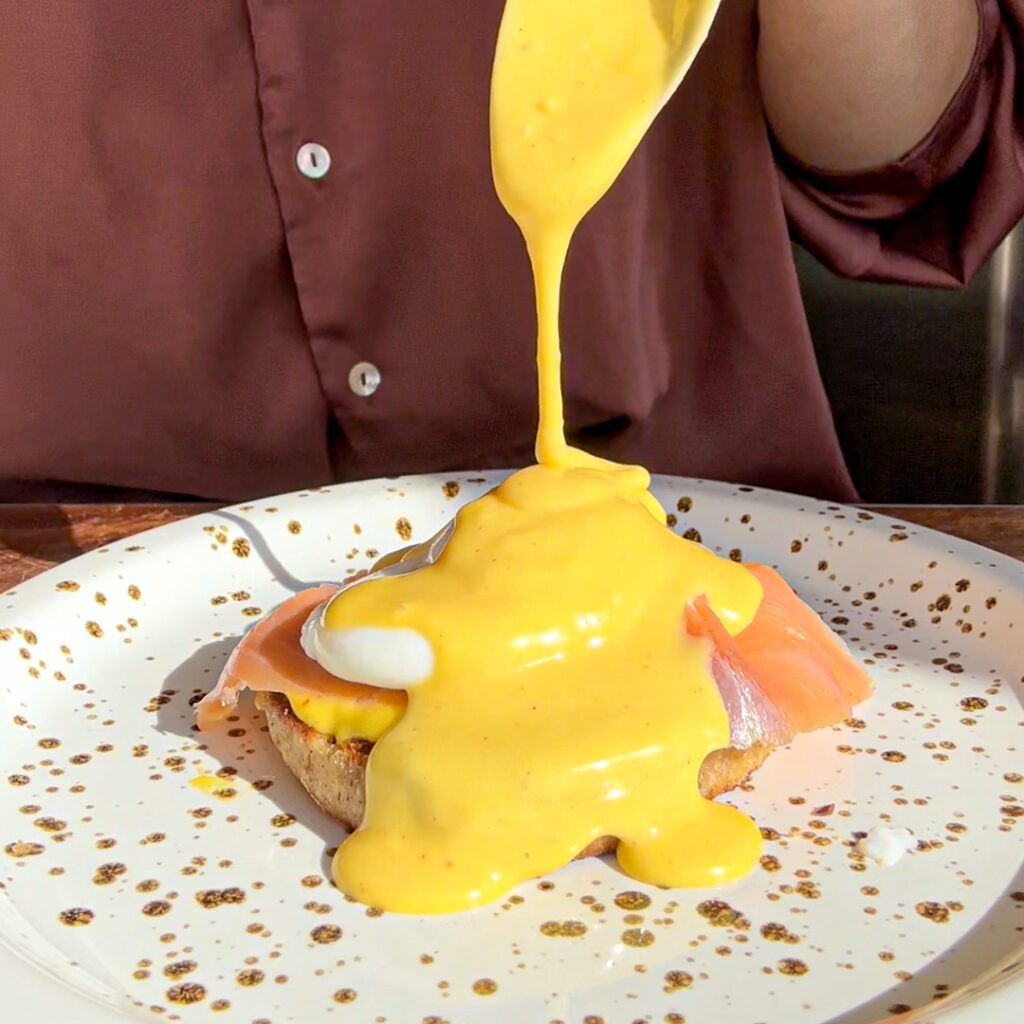
With rising egg shortages, knowing how to extend the life of your eggs is more important than ever. Whether you want to freeze raw eggs, preserve cooked eggs, or just learn how to store them properly, we’ve got the tips you need to make the most of every carton.
Can You Freeze Eggs? Yes—Here’s How!
Freezing eggs is a simple way to extend their shelf life, but proper prep is key to preserving their flavor and texture. Here’s how to do it:
- Whole Eggs: Crack eggs into a bowl, gently whisk to combine yolks and whites, then pour into an airtight container or ice cube tray. Once frozen, transfer cubes to a freezer bag. Label with the date and quantity.
- Egg Whites Only: Separate whites from yolks and freeze individually in an ice cube tray or small containers.
- Egg Yolks Only: Yolks can thicken when frozen. To prevent this, whisk them with a pinch of salt (for savory dishes) or sugar (for sweet recipes) before freezing.
Pro Tip: Never freeze eggs in their shells! Liquid expands as it freezes, which can crack the shell and lead to contamination.
How to Thaw Frozen Eggs
Proper thawing ensures the best results:
- Refrigerator Method: Place frozen eggs in the fridge overnight. Stir lightly before using if they’ve separated.
- Quick Thaw (Egg Whites Only): Submerge sealed bags of frozen egg whites in a bowl of cold water, changing the water every 30 minutes until thawed.
Note: Always use thawed eggs immediately and never refreeze them.
When to Use Frozen Eggs
Frozen eggs are perfect for:
- Scrambled Eggs or Omelets: Quick and easy breakfast options.
- Baking: Ideal for cakes, muffins, and cookies.
- Cooking: Great for casseroles, quiches, or fried rice.
However, they’re not recommended for recipes requiring fluffy whites, like meringues.
Can You Freeze Cooked Eggs?
Yes, but not all types freeze equally well:
- Scrambled Eggs: Freeze and reheat beautifully. Slightly undercook before freezing for the best texture.
- Egg Muffins or Frittatas: Packed with veggies and cheese, these freeze well and reheat easily in the microwave or oven.
- Hard-Boiled Eggs: Yolks freeze well, but whites can turn rubbery.
Eggs to Avoid Freezing: Fried eggs or poached eggs, as their texture becomes tough and unappealing.
Tips for Freezing Cooked Eggs
- Let eggs cool completely before freezing.
- Portion into single servings for easy reheating.
- Label with the preparation type and date.
Shelf Life: For the best quality, use frozen eggs or cooked eggs within three months.
The Bottom Line
Egg shortages don’t have to disrupt your routine. With these tips, you can freeze eggs—raw or cooked—and enjoy their versatility long after you’ve bought them.
Hungry? Try These Egg-Centric Recipes



Did you know you can buy rescued eggs at Misfits Market?
When hens are younger, they tend to lay smaller eggs that the grocery stores won’t take. Luckily Misfits Market partners with Vital Farms to make sure their delicious pasture-raised eggs can make it to your plate instead of the compost, even if they are a bit on the small size. Shop Vital Farms eggs today at Misfits Market.
